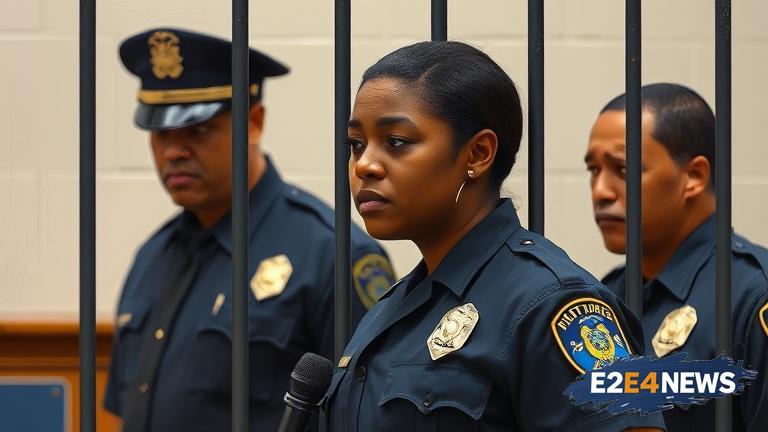The trial of former Louisville police officer Brett Hankison has come to a close, with the ex-officer being sentenced to prison for his involvement in the death of Breonna Taylor. Taylor, a 26-year-old emergency medical technician, was fatally shot on March 13, 2020, when police executed a no-knock warrant at her apartment. The raid was part of a narcotics investigation, but no drugs were found at the scene. Hankison was charged with three counts of wanton endangerment for firing his gun into Taylor’s apartment, putting the lives of her neighbors at risk. During the trial, prosecutors argued that Hankison’s actions were reckless and endangered the lives of innocent people. The defense, on the other hand, claimed that Hankison was acting in good faith and following police procedures. The jury ultimately found Hankison guilty on all three counts, and he was sentenced to prison. The sentence has been met with mixed reactions, with some feeling that it is too lenient and others believing that it is a step towards justice. The case has sparked widespread outrage and calls for police reform, with many arguing that the justice system is flawed and that officers are not held accountable for their actions. Taylor’s family and friends have been vocal about their desire for justice, and the sentence has brought some sense of closure, but also raises questions about the broader issues of police accountability and systemic racism. The case has also highlighted the need for greater transparency and oversight in law enforcement, as well as the importance of holding officers accountable for their actions. In the aftermath of the trial, there have been renewed calls for police reform and an end to no-knock warrants, which have been criticized for being overly aggressive and putting innocent lives at risk. The case has also sparked a national conversation about racism and police brutality, with many arguing that the justice system is stacked against people of color. As the country continues to grapple with these issues, the sentence in the Hankison trial serves as a reminder of the need for continued activism and advocacy for justice and equality. The trial has also raised questions about the role of the police in society and the need for greater accountability and transparency. In the end, the sentence in the Hankison trial is a step towards justice, but it is also a reminder that there is still much work to be done to address the systemic issues that led to Breonna Taylor’s death. The case will likely have far-reaching implications for police reform and accountability, and will continue to be a topic of discussion and debate in the months and years to come.
